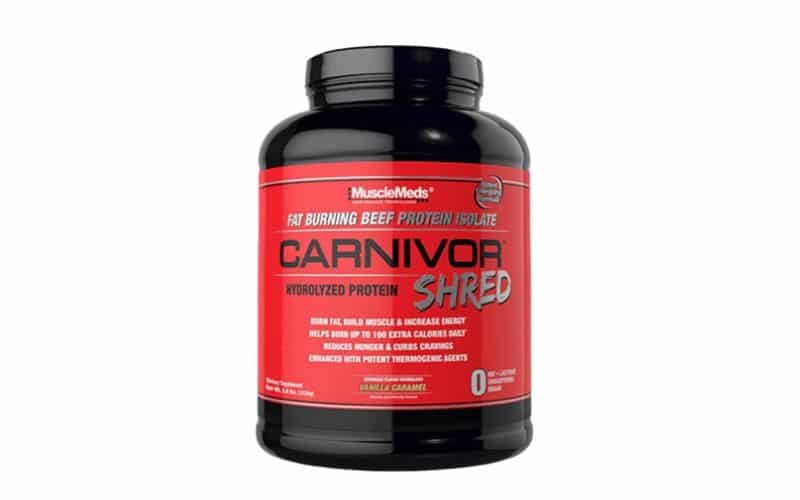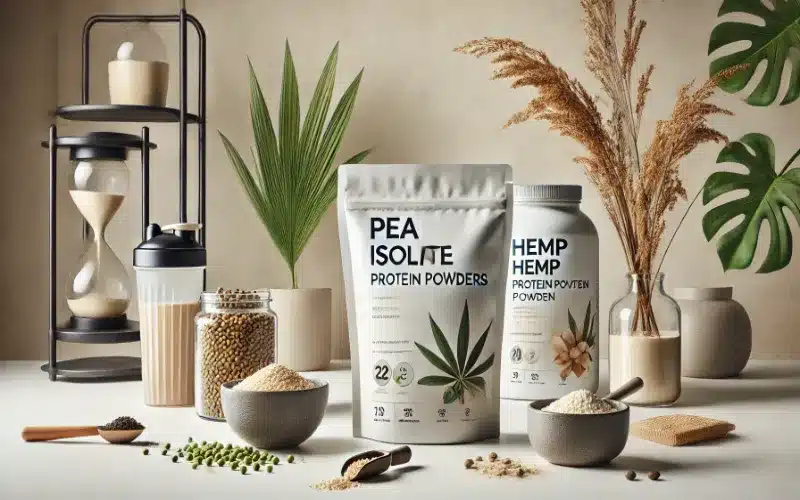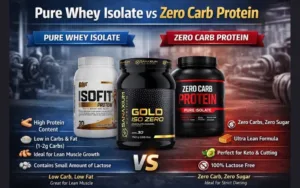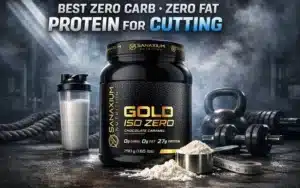No products in the cart.
Return To ShopHow to Choose a Dairy-Free Isolate Protein Powder
In recent years, dairy-free protein powders have surged in popularity. More people are embracing plant-based diets, dealing with lactose intolerance, or simply seeking cleaner, allergy-friendly alternatives. But why are isolated protein powders a big deal?
Unlike concentrate powders, isolates undergo further processing to remove most fats and carbohydrates, leaving behind a highly purified protein source. For anyone wanting to up their protein intake without unnecessary extras, dairy-free isolates are a powerful solution.
Whether you’re new to protein powders or looking to switch from a whey-based product, understanding the nuances of dairy-free isolates can transform your fitness and nutrition routine.

Benefits of Dairy-Free Isolate Protein Powders
Why should you opt for a dairy-free isolated protein powder over other types of protein supplements? Let’s break it down:
Digestive Ease
One of the biggest draws of dairy-free isolates is their gut-friendliness. Many people experience bloating, gas, or discomfort with dairy-based proteins like whey or casein. Dairy-free isolates sidestep these issues, offering a light and easily digestible protein source.
Clean Nutrition
Dairy-free isolates are often less processed and free from the fillers and artificial ingredients that plague many mainstream protein powders. They provide high-quality protein without added sugars, artificial sweeteners, or unnecessary additives. This makes them an excellent choice for those who prioritize clean eating.
Allergy and Sensitivity-Friendly
Dairy-free powders aren’t just about avoiding lactose. They also cater to those with other dietary restrictions or allergies, including soy, gluten, and sometimes even nuts. This inclusivity ensures a wider audience can enjoy their benefits.
Key Types of Dairy-Free Isolate Proteins
The world of plant-based isolates is vast and varied. Here are some of the leading contenders:
1. Pea Protein Isolate
Pea protein has become a staple in the dairy-free protein world. Derived from yellow peas, this isolate is rich in essential amino acids, particularly branched-chain amino acids (BCAAs) like leucine, which play a crucial role in muscle recovery and growth. Its smooth texture and mild taste make it a versatile option.
2. Rice Protein Isolate
Rice protein is another popular choice, particularly for those seeking a hypoallergenic option. While its amino acid profile isn’t as robust as pea protein, it excels when paired with other isolates, creating a complementary blend that covers all essential amino acids.
3. Emerging Plant-Based Isolates
As demand grows, so does innovation. Proteins derived from pumpkin seeds, sunflower seeds, and even hemp are gaining traction. These newer isolates often boast unique nutritional benefits, such as higher levels of specific vitamins, minerals, or antioxidants, adding extra value beyond just protein content.
Reading the Ingredient Label Like a Pro
The ingredient label is your roadmap to finding a high-quality protein powder. Yet, many people overlook its importance. Here’s how to decipher it:
1. Look for Simple Ingredients
The fewer the ingredients, the better. A quality dairy-free isolate should primarily list the protein source, maybe a natural sweetener, and perhaps a flavoring. Avoid long lists filled with unpronounceable chemicals.
2. Hidden Allergens
Some powders sneak in common allergens like soy lecithin (used as an emulsifier) or gluten-containing fillers. Even if the front label says “dairy-free,” it’s essential to check for these less obvious culprits.
3. Avoid Artificial Additives
Skip powders with artificial flavors, colors, and sweeteners like aspartame or sucralose. Instead, opt for products using natural alternatives like stevia, monk fruit, or erythritol.
Protein Content and Amino Acid Profile
Protein content is the cornerstone of any supplement. However, not all proteins are created equal:
| Category | Description |
|---|---|
| Amino Acid Completeness | The human body requires nine essential amino acids to function optimally, which must be obtained from your diet. While animal-based proteins are naturally complete, plant-based proteins like pea or a blend of rice and pea can provide a complete amino acid profile. |
| Protein Per Serving | Most individuals should aim for 20-25 grams of protein per serving. This range supports muscle repair, recovery, and overall health. Make sure your chosen powder meets this benchmark, especially if it’s your primary protein source. |
Flavor and Mixability: Don’t Compromise Taste
A protein powder might tick all the nutritional boxes, but if it tastes awful or clumps up, you won’t want to use it. Luckily, today’s dairy-free isolates have come a long way:
1. Flavor Variety
From classic options like chocolate and vanilla to adventurous blends like cinnamon chai or mixed berry, there’s something for everyone. Choose a flavor you’ll look forward to drinking regularly.
2. Natural Sweeteners
Products sweetened with stevia, monk fruit, or a hint of coconut sugar provide a satisfying taste without the crash associated with refined sugars.
3. Texture and Blending
Nobody likes a gritty shake. Quality dairy-free isolates dissolve easily in water, milk alternatives, or smoothies, leaving a smooth, creamy consistency. Look for reviews or sample packs to test before committing.
Certifications and Quality Assurance
In a world where dietary transparency is paramount, certifications provide peace of mind:
- Third-Party Testing: Products tested by independent labs ensure the protein content, purity, and absence of contaminants like heavy metals or pesticides.
- Key Labels to Seek: Look for certifications like USDA Organic, Non-GMO Project Verified, and Certified Gluten-Free. These affirm that the product meets stringent quality and safety standards.
Making the Final Decision: Factors to Consider
The market for dairy-free protein powders can be overwhelming. Here’s how to make the best choice:
- Balance Price and Quality: While it’s tempting to go for the cheapest option, quality often correlates with cost. Investing in a reputable brand ensures better taste, digestibility, and nutritional value.
- Align with Your Goals: Are you focusing on muscle building, weight loss, or simply supplementing your diet? Each goal may call for a slightly different protein powder in terms of calorie content, additional nutrients, or specific amino profiles.
Conclusion
Choosing the right dairy-free isolated protein powder may seem daunting, but with a little knowledge, it becomes an empowering journey. By understanding your nutritional needs, decoding ingredient labels, and prioritizing quality, you’ll find a product that fits seamlessly into your lifestyle. Whether you’re an athlete pushing for peak performance or someone seeking to improve overall health, the perfect protein powder is out there waiting for you.









Add comment